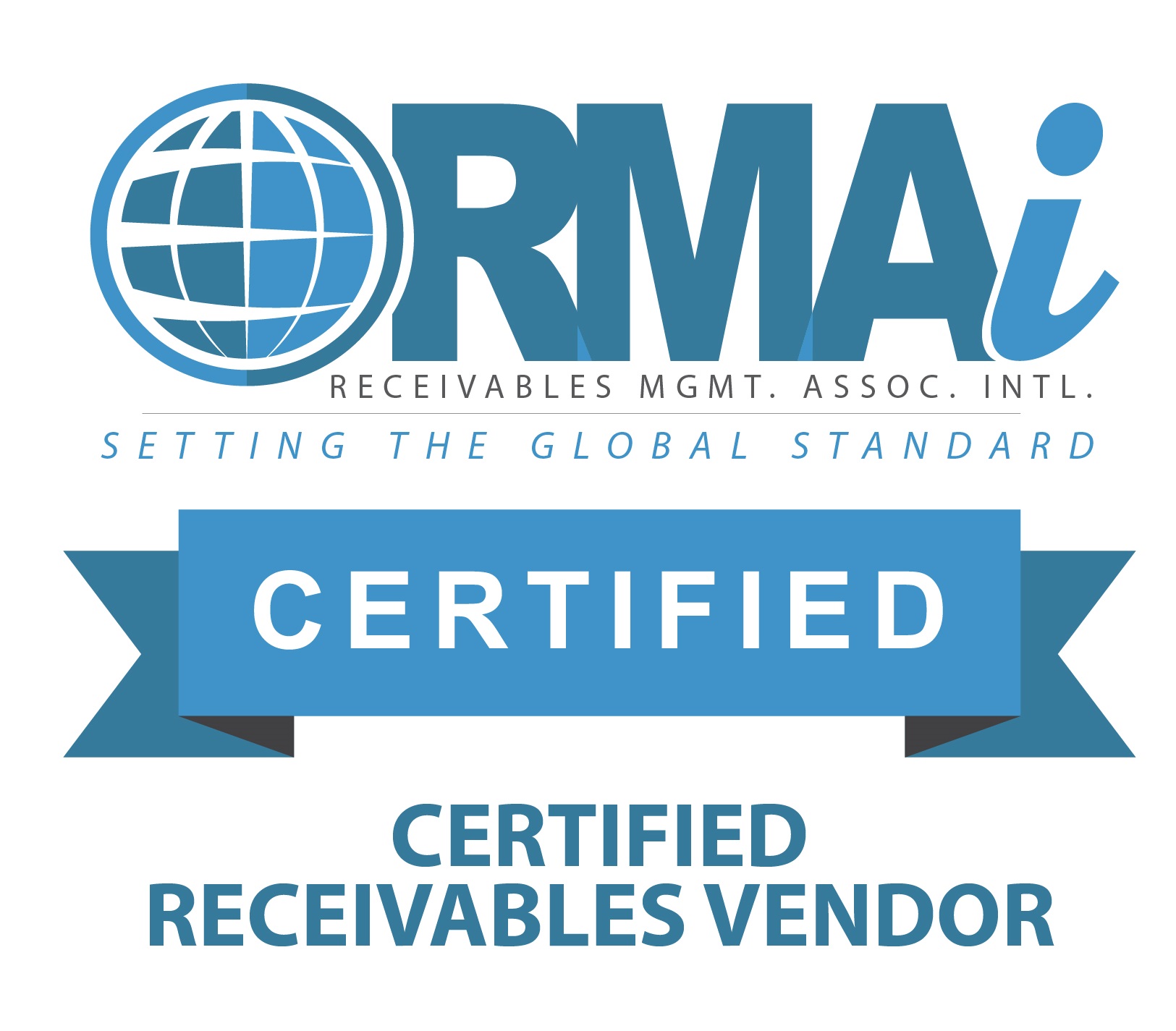View Sale Announcement Detail


Archived news
The mortgage industry has faced substantial criticism following the financial crisis, and many critics and government officials have pounced on the opportunity to disparage this particular sector. While these views have been growing less harsh, those looking to spearhead meaningful reform have encountered numerous challenges, according to American Banker.
Mortgage industry criticism
One perfect example is the tendency politicians have to blame the government sponsored enterprises in an effort to win the favor of voters, a situation that industry expert Joseph Murin brought up during a recent regional conference of the Mortgage Bankers Association, American Banker reported.
Murin, who served as president of Ginnie Mae in 2008 and 2009 and is currently the vice chairman of private investment firm Chrysalis Holdings, emphasized that while the mortgage industry has essentially been the bad guy politicians have pointed to for six years, the tide is turning, as these lawmakers have started thinking maybe they should lay off a bit.
Need for reform
While Murin said that these government officials may be toning down their criticism of the mortgage industry, there is plenty of consensus surrounding the view that reform is needed. For example, David Stevens, who heads the Mortgage Bankers Association, lamented the lack of housing opportunities that many Americans face, according to Triangle Business Journal.
"We don't have a healthy market," Stevens says, Triangle Business Journal reported. "We have a market that is dependent on government conservatorship for many individuals, while well-heeled people have easy access to housing finance."
Housing finance
Many are concerned about the fate of Fannie Mae and Freddie Mac, which have been under government conservatorship since the financial crisis, according to Triangle Business Journal. At the same time, credit markets remain frozen for many amid lender concerns about regulatory sanctions and lawsuits.
An overhaul of housing finance would be a significant undertaking, and any major changes could have a substantial impact on GSEs, specifically how home loans would be affected by any alterations to interest rates on home loans or mortgage bond prices, Murin emphasized, according to American Banker.
Interest rates on mortgages could rise by between 200 and 300 basis points if these home loans lose federal guarantees, American Banker reported. If government officials cannot determine the best way to reform housing finance, this failure could cause a sharp increase in borrowing costs and therefore undermine loan origination.







